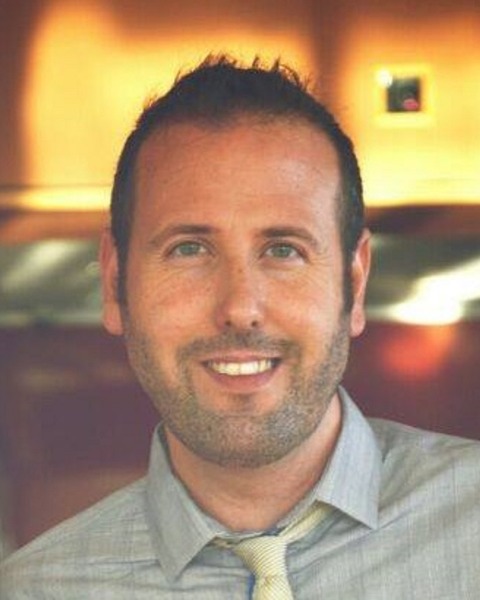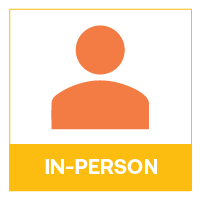Back
On-demand recording will be available 24hrs after the presentation.
Assay Development and Screening
Physiologically Relevant Cell Models for Target discovery and Screening
Evaluation of multiple immunological assay platforms to identify new targets and therapeutics
Wednesday, February 9, 2022
10:30 AM – 11:00 AM
Location: 205ABC

Alejandro Amador Arjona, PhD
Director, Applied Technologies
Incyte, Delaware, United States
Finding new therapies for immunological diseases is a significant challenge. The immune system itself is not only complex with a system of various cell types, but also highly modulated by an array of genetic and environmental factors. In addition, it is important to recognize the limitations of animal models in various aspects of recapitulating human immunity. Furthermore, potential prediction of toxic adverse events, such as cytokine release syndrome caused by antibodies can be an issue difficult to predict without the right models. In drug discovery, one way to circumvent inter-species differences is to study human immune cells directly ex vivo. Our ‘Cellular Assays and Technologies’ group is a multidisciplinary team of cellular and molecular biologists focused on supporting early and late-stage oncology and immune-oncology programs. We have developed several immunological assays using a range of primary immune cells (primary CD3+ T cells, CD4+ T cells, CD8+ T cells, macrophages, natural killer (NK) cells and PBMCs), automation and a multi-endpoint approach to both 2D and 3D in vitro models. By using tumor antigen-specific cell based assays and target- systems, we are able to perform lead selection in small molecule and antibody therapeutics. In addition, the use of these assays has allowed us to focus our work on identifying and validating new targets for immune-oncology and inflammatory diseases. Here we are presenting a selection of immunological cell assays, including T cell redirected cytotoxic assays by bridging T cells and tumor cells with bispecific T-cell engager antibodies, and antigen-specific cytotoxic lymphocyte activation assays via TCR engagement of the pMHCI (MHC class I- peptide complexes).


